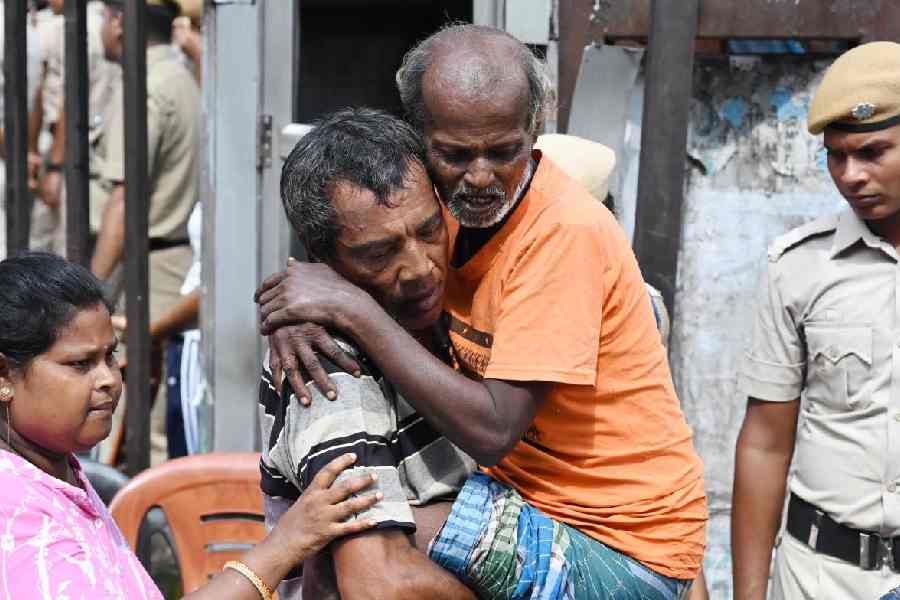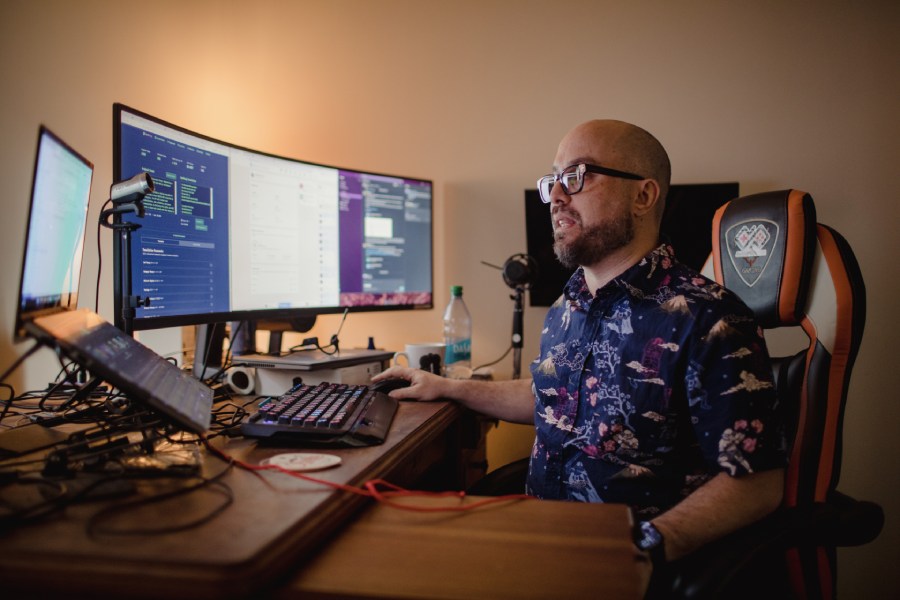COUNTER-MEASURES: In its first meditated bid to regain popular narrative and confidence post the RG Kar Hospital rape and murder horror, the Mamata Banerjee government announced a slew of initiatives aimed at ensuring safer lives for women.
The state administration has decided to launch a mobile app, deploy special women security personnel and encourage authorities to avoid assigning night shifts to women as part of efforts to provide safe working conditions for women at government establishments.
Billed as the first of their kind in the country, the measures come in the aftermath of a storm of protests against the rape and murder of a postgraduate trainee doctor at RG Kar Medical College and Hospital on August 9.
The measures, drawn up on Saturday afternoon at a meeting of top officials at Nabanna that chief minister Mamata Banerjee joined virtually, will be implemented under a flagship programme, Rattirer Sathi (Helpers of the Night).
“The state government will soon issue the required orders…. The implementation of the measures will be done at the earliest,” Alapan Bandyopadhyay, chief adviser
to the chief minister, said at Nabanna.
Senior government officials said the measures would include:
- Launching a mobile app with alarm devices that all working women can download. The app will be connected to local police stations or police control rooms.
- Deploying women Rattirer Sathi volunteers — who will mostly be private security personnel — at government offices where women work at night.
- Avoiding the assignment of night duty to women wherever possible.
- Encouraging schedules that allow women to work in pairs during night shifts.
- Ensuring that women, including women doctors, do not have to work longer than 12 hours at a stretch.
- Setting up separate restrooms with toilets for women.
- Creating safe zones with full CCTV coverage.
- Making security checks and breathalyser tests mandatory at hospitals.
- Installing drinking water facilities on all floors at hospitals.
Senior officials who were at the meeting hoped these steps would help restore normalcy at state-run hospitals and medical colleges, where the agitation by junior doctors and nursing staff has hit services badly over the past nine days.
“Healthcare remains the government’s priority. From day one of this government, it has laid stress on providing better healthcare to the common people,” a senior state government official said.
“The agitating doctors and nurses had raised these (women’s security) issues and the government did not waste time in accepting their demand.”
Another official said the state government wanted to send out a message to women employees that it was concerned about their safety.
He said it had become imperative for the government to respond to the sense of insecurity among women, a feeling reflected in the unmatched response to the “Reclaim the Night” call on the eve of Independence Day.
“The protest marches by women on August 14 night made it clear that the government needed to do something. These measures will help women feel secure at their workplaces,” the official said.
A health department official said the measures reflected the promptness of the state government’s response at a time when the Centre was yet to move on demands to enhance security at hospitals through a nationwide standard operating procedure.
“The National Medical Commission had met J.P. Nadda, the Union health minister, and demanded enhanced security at hospitals by establishing an SoP for nationwide application after the RG Kar incident,” he said.
“However, the Centre has taken no action so far. But the chief minister has decided to deploy women security personnel at hospitals at night.”











